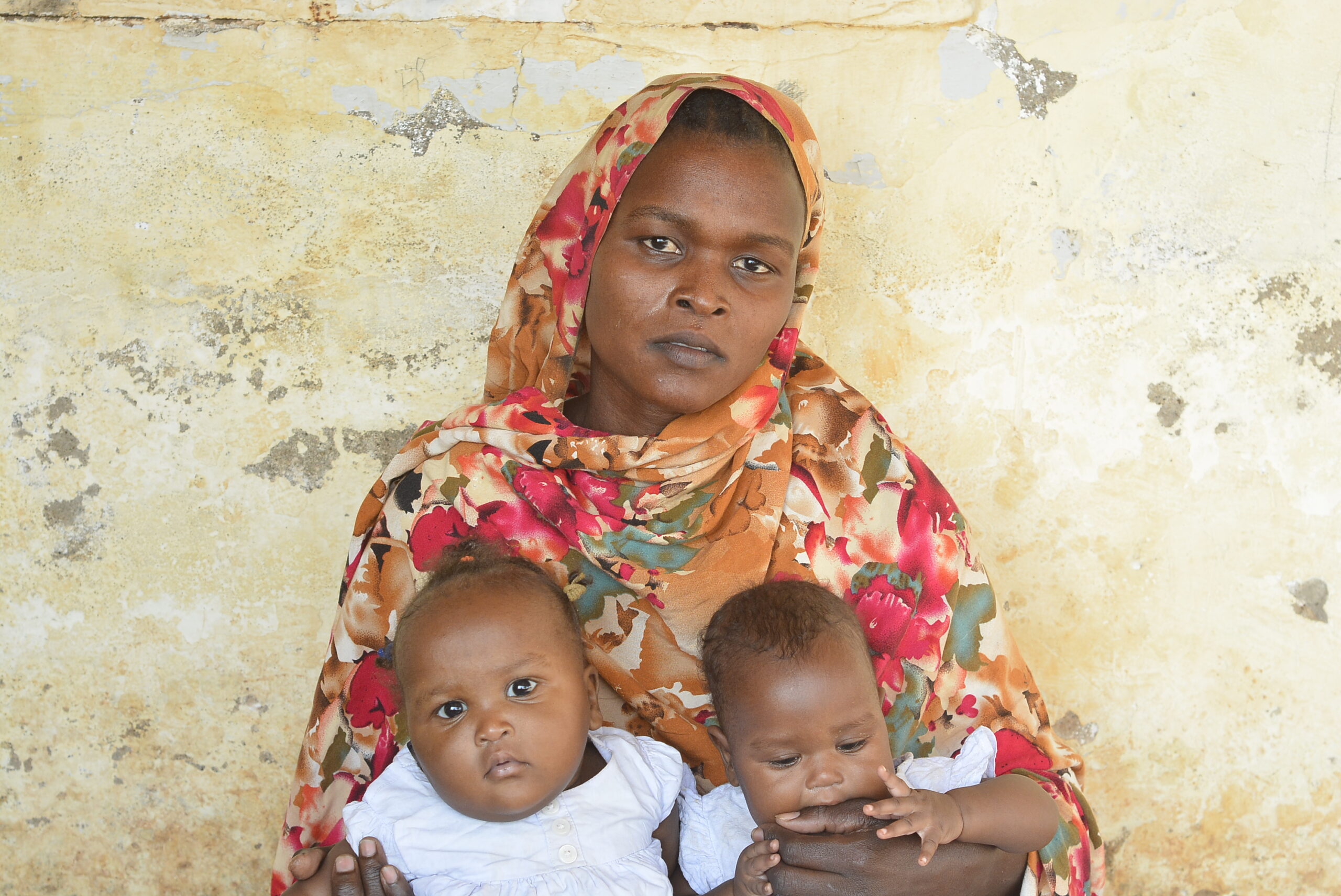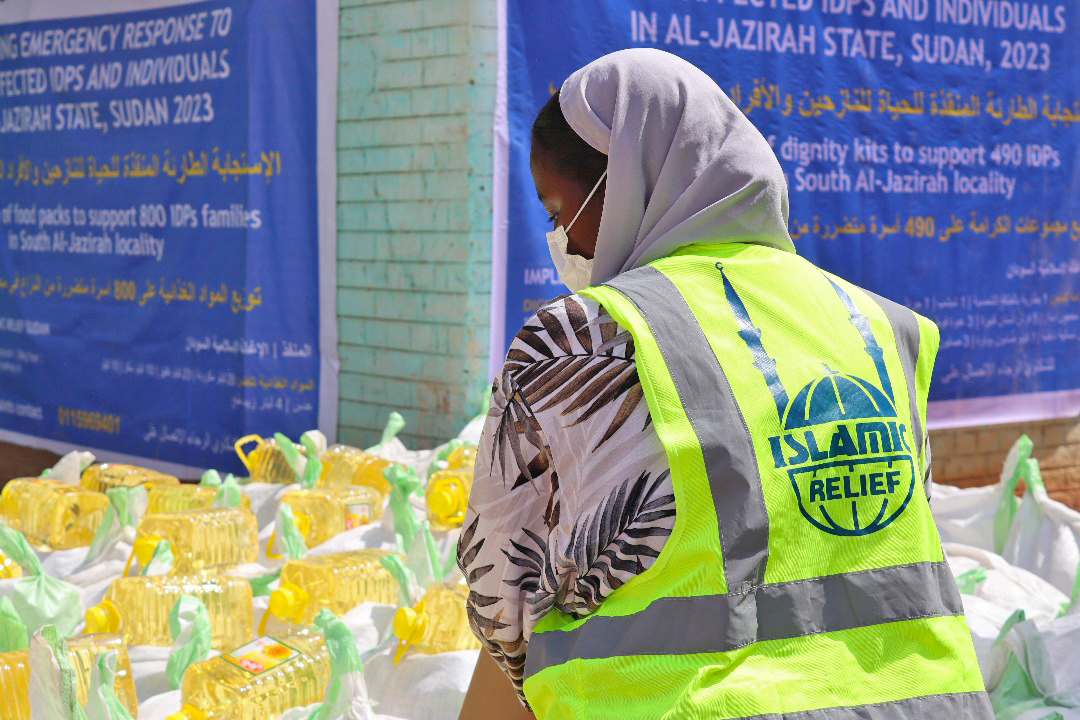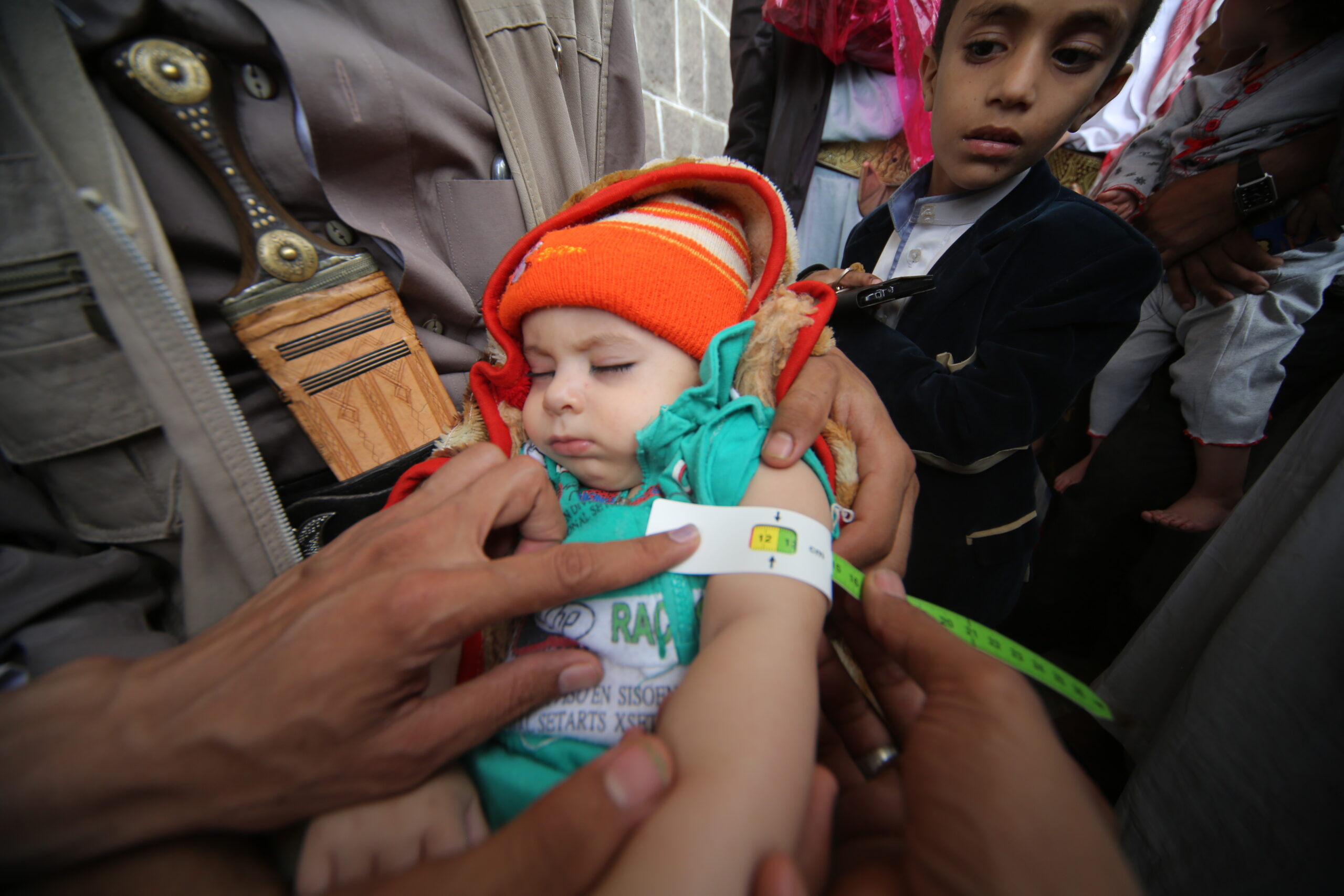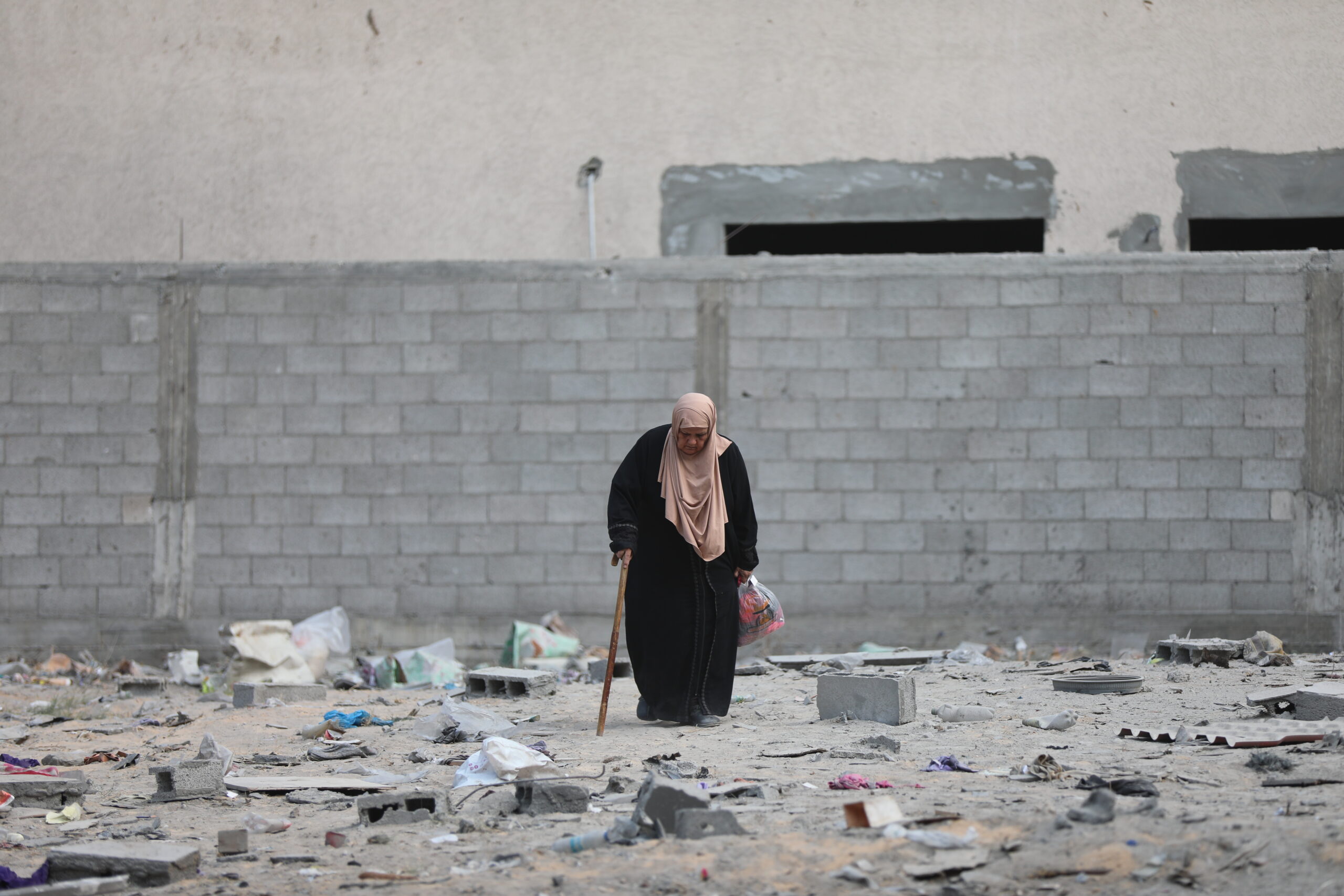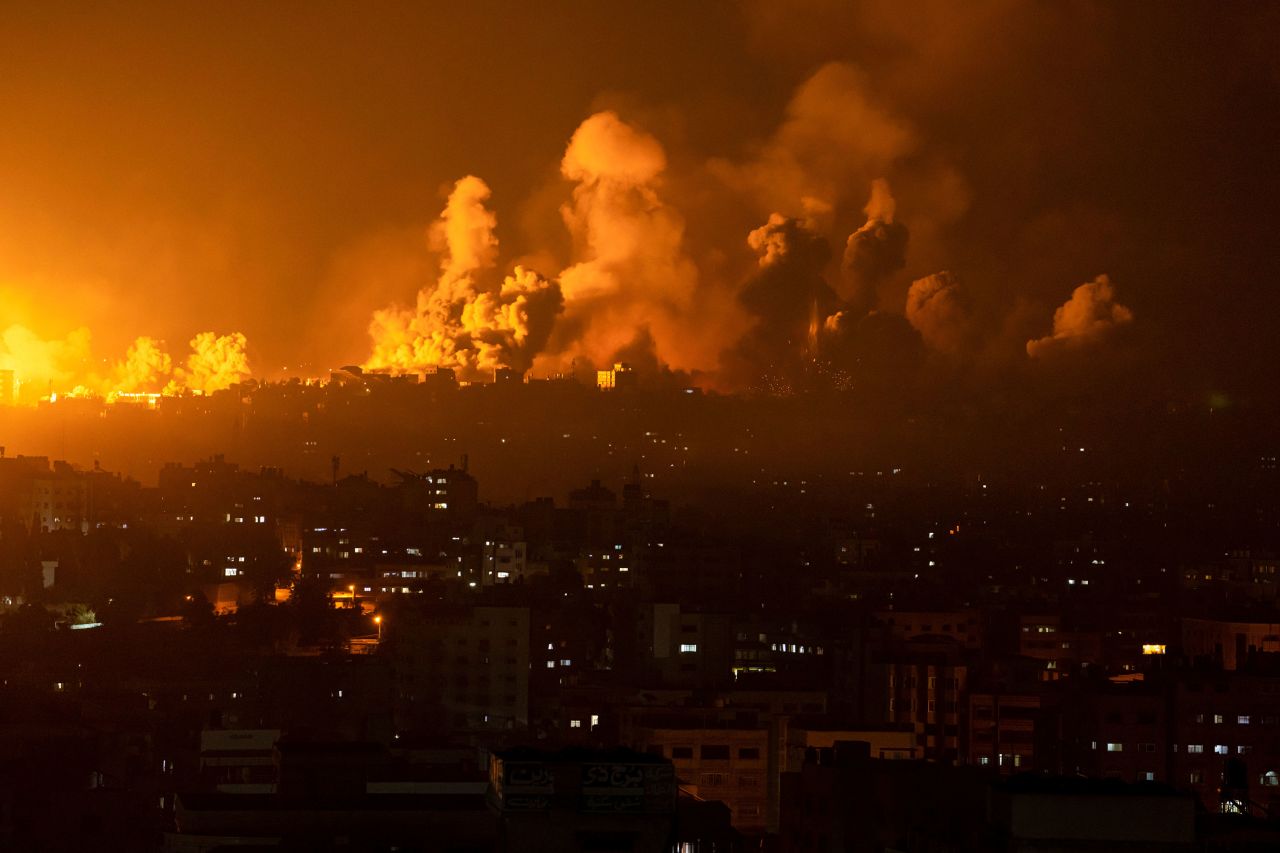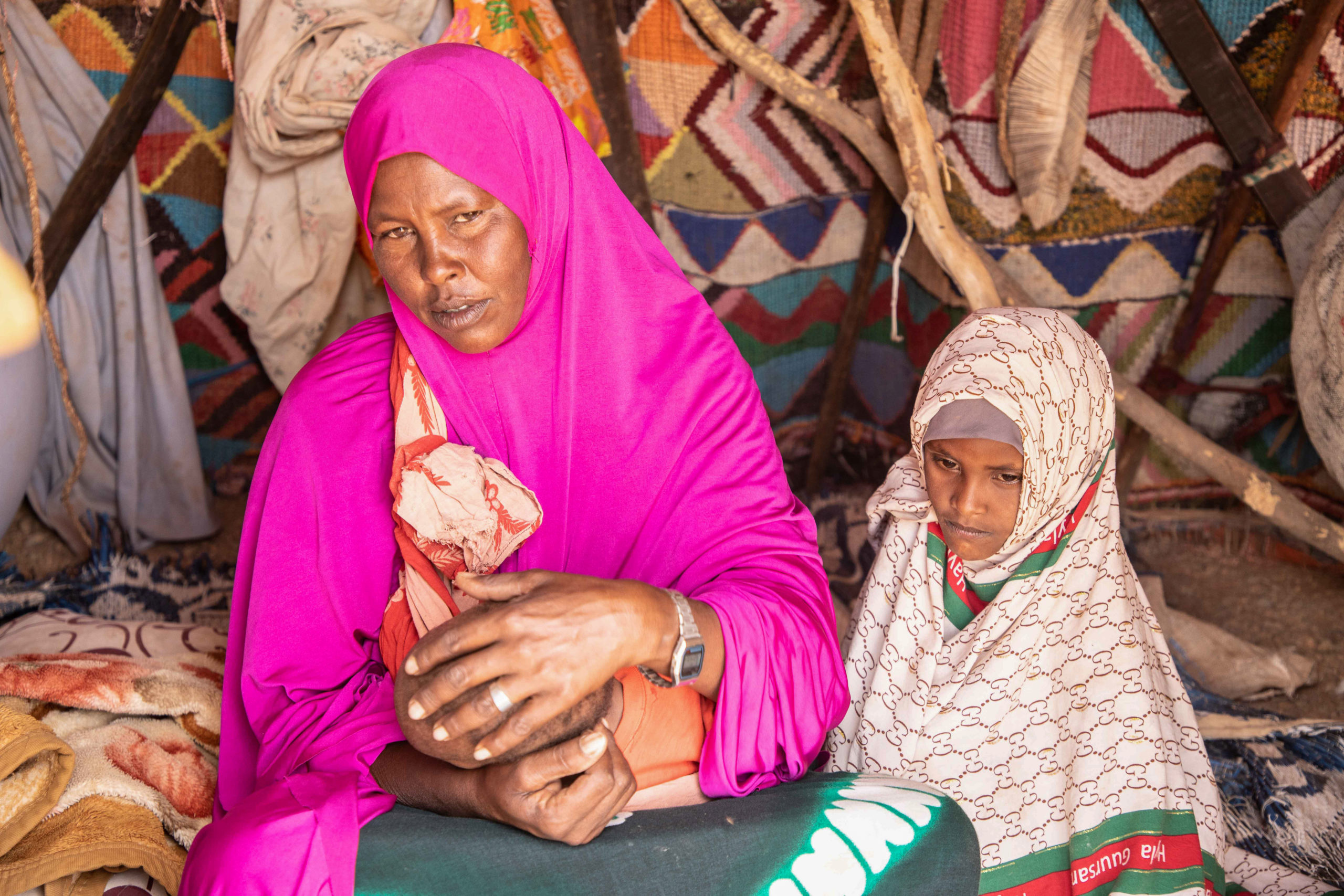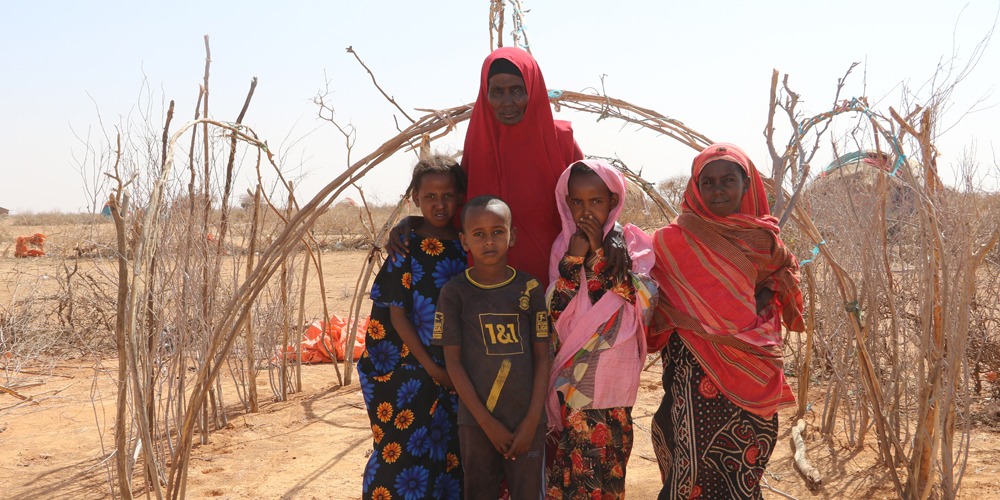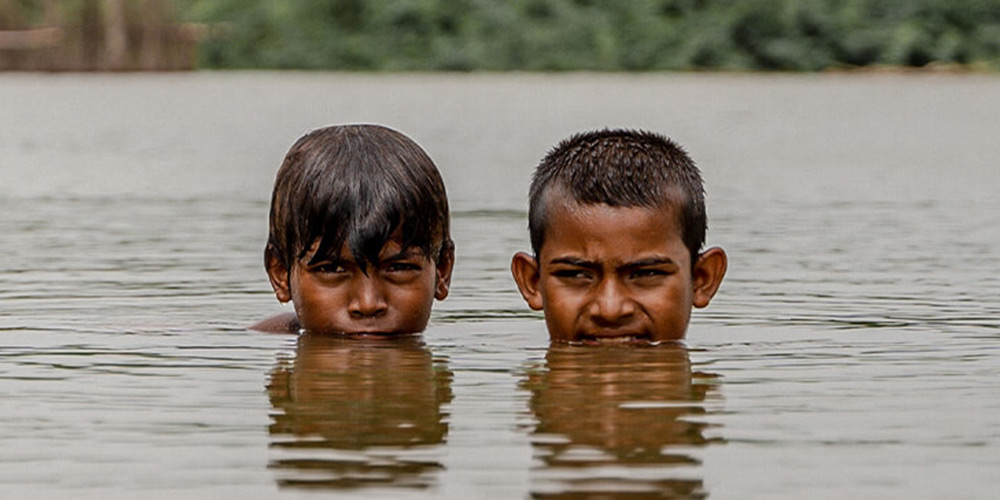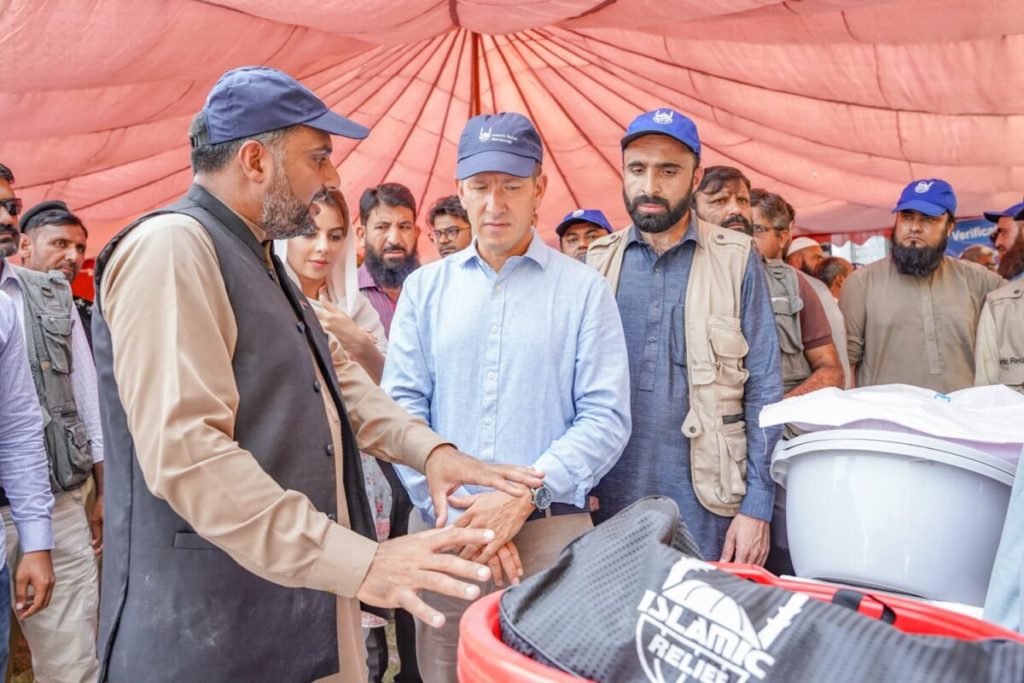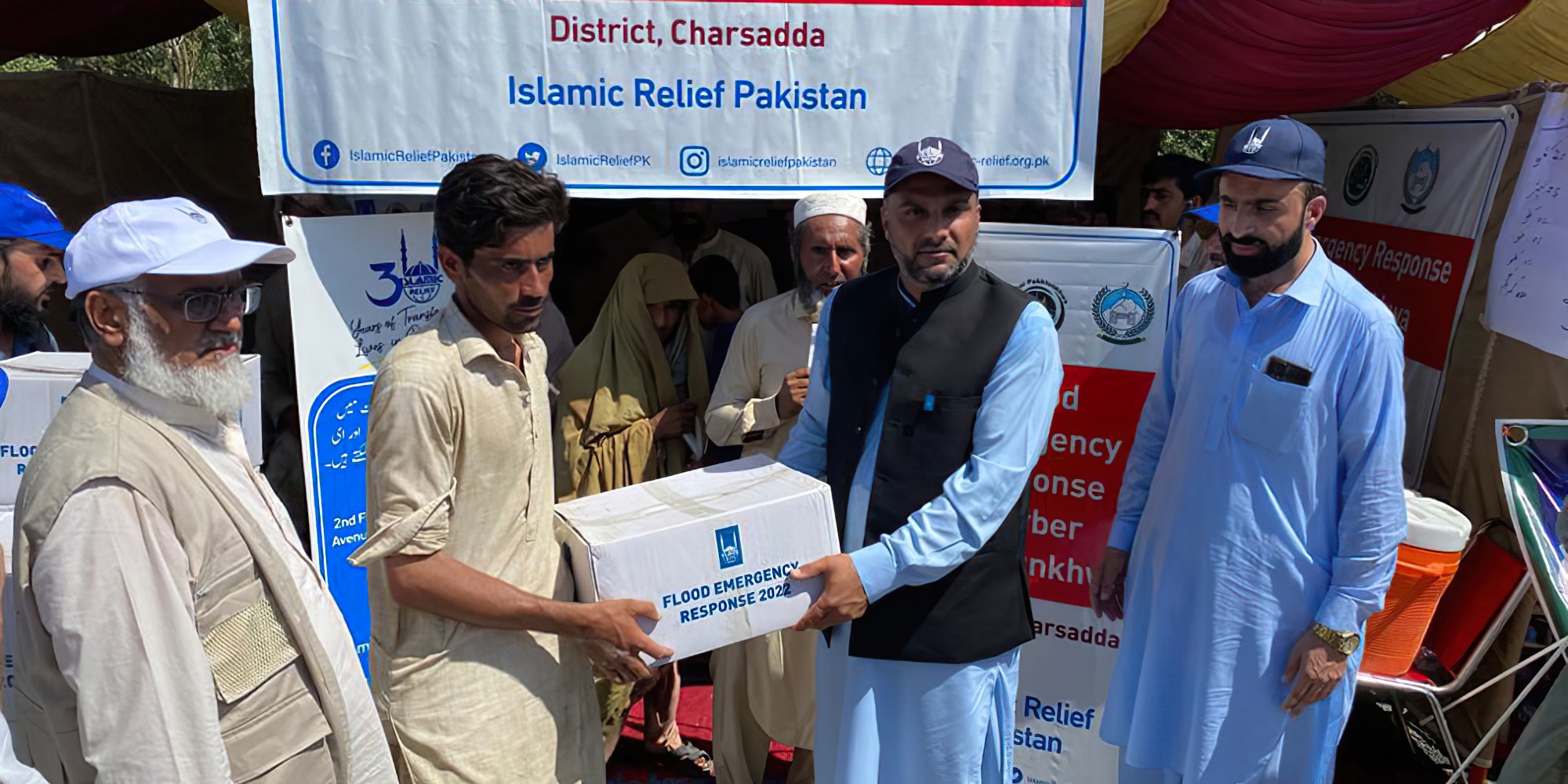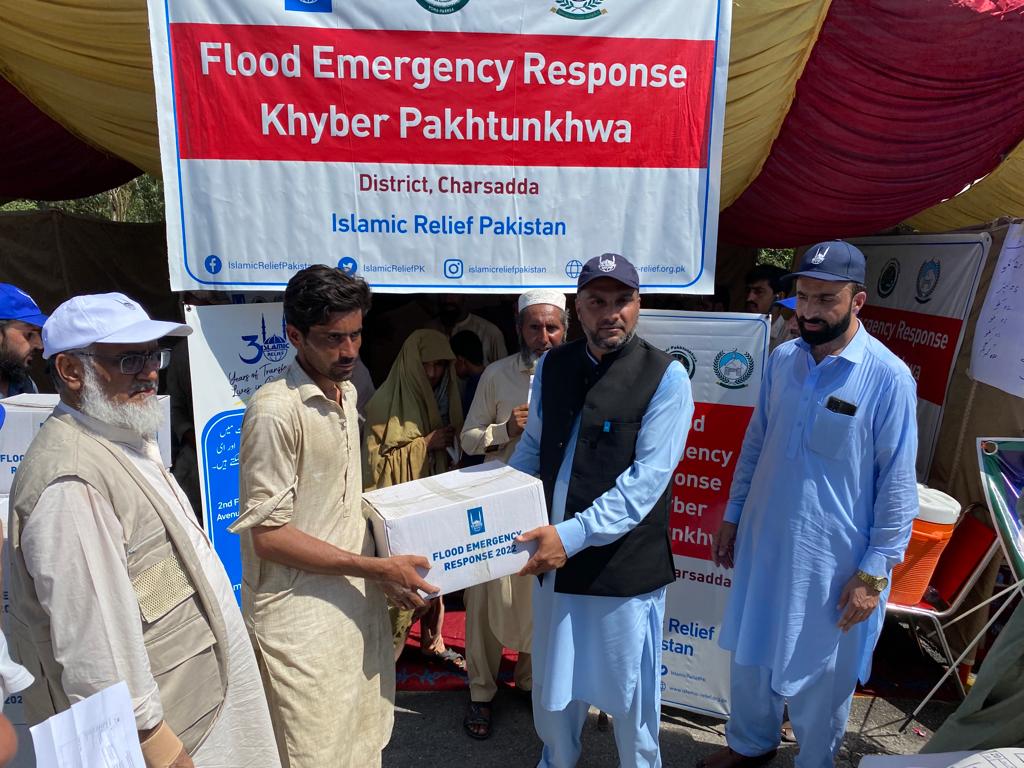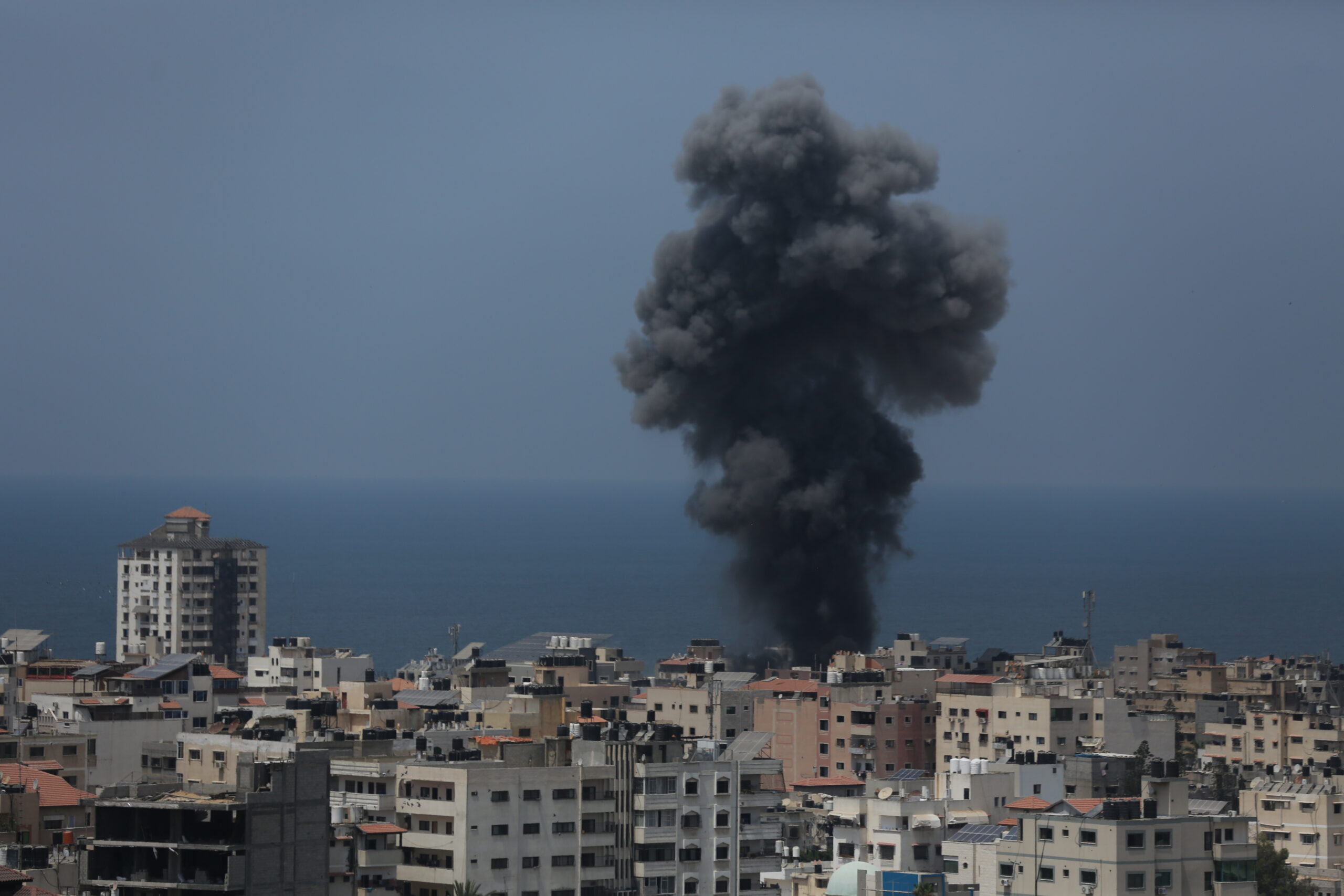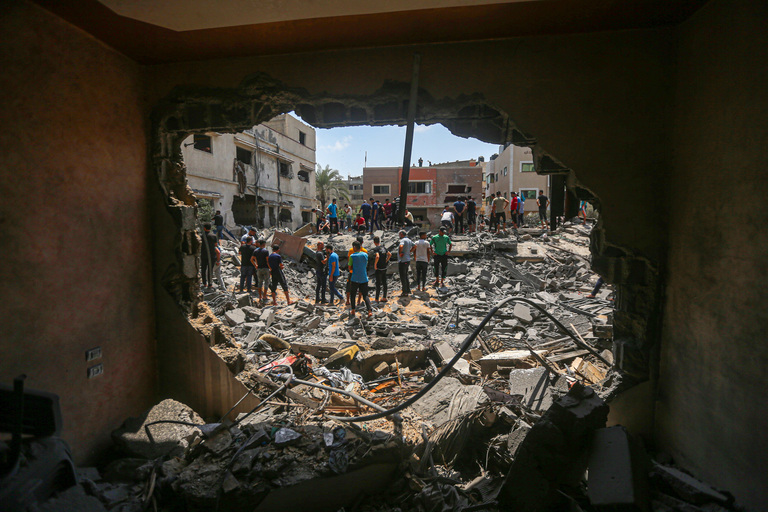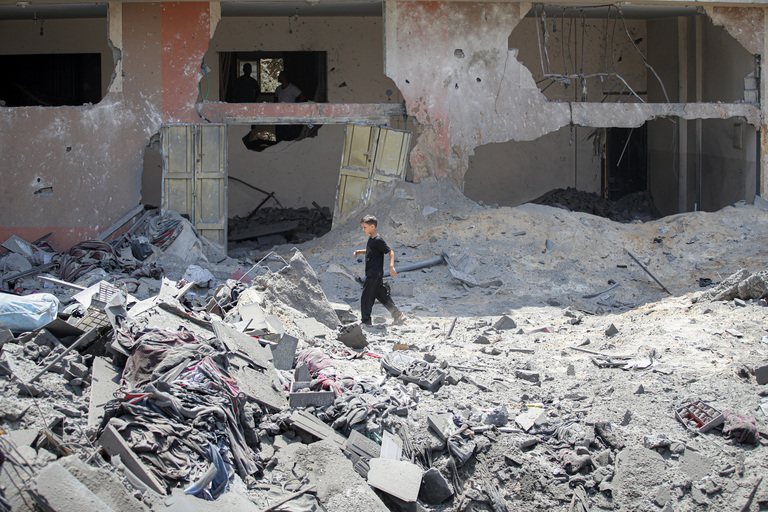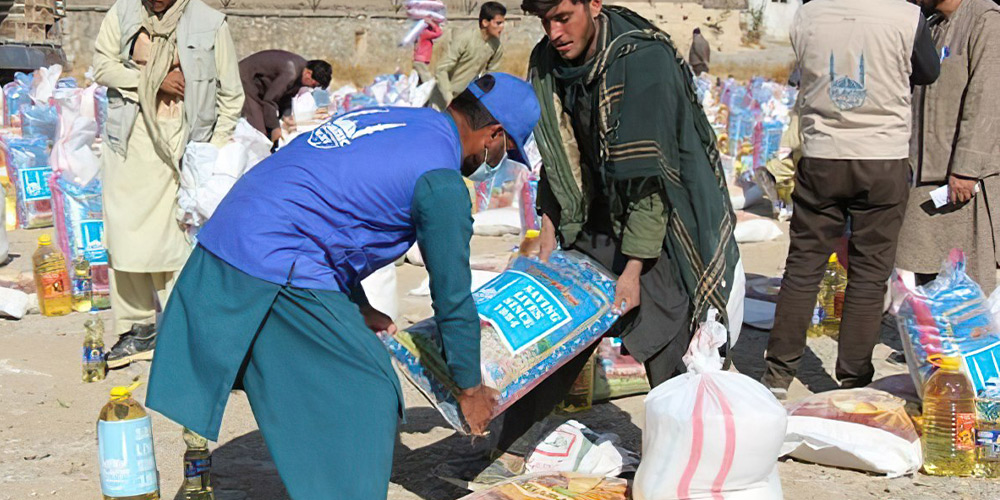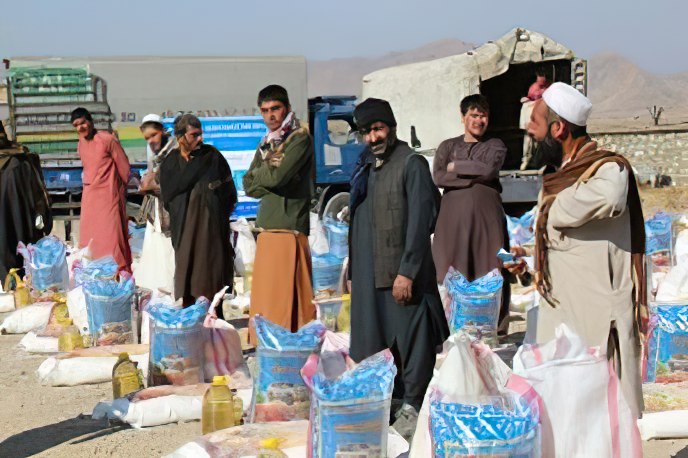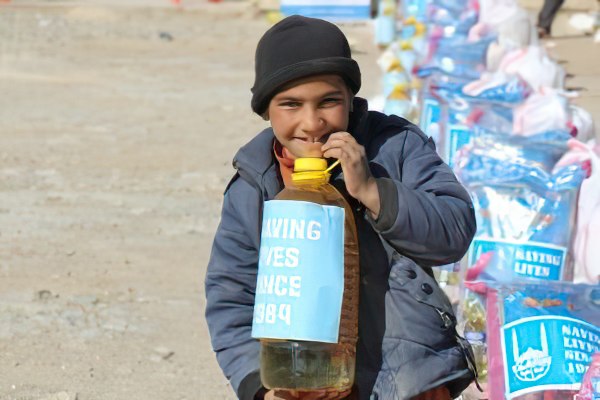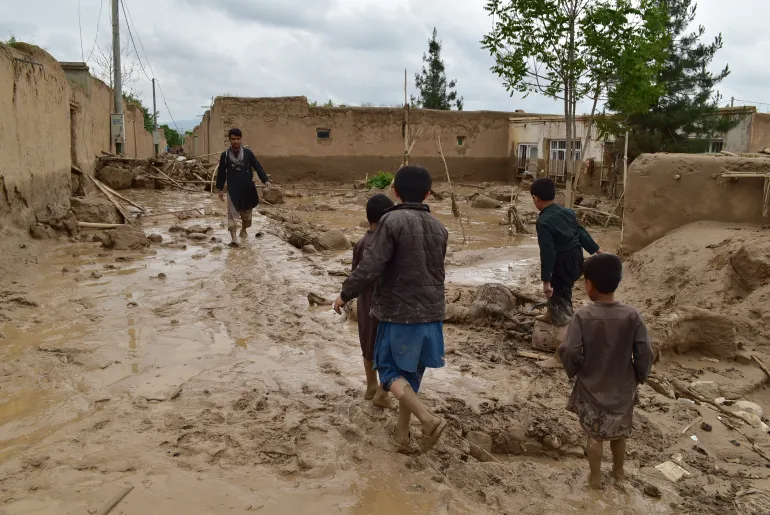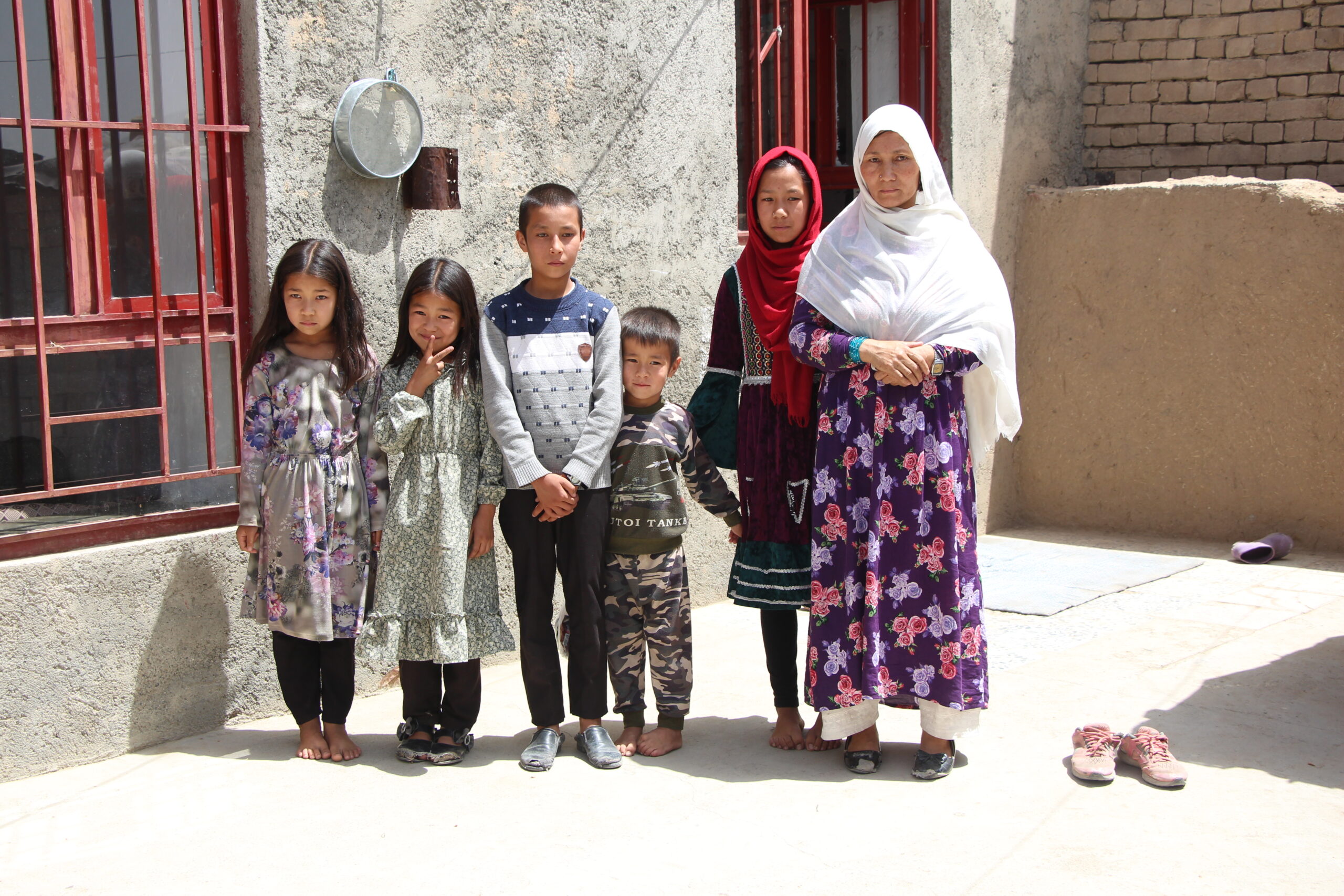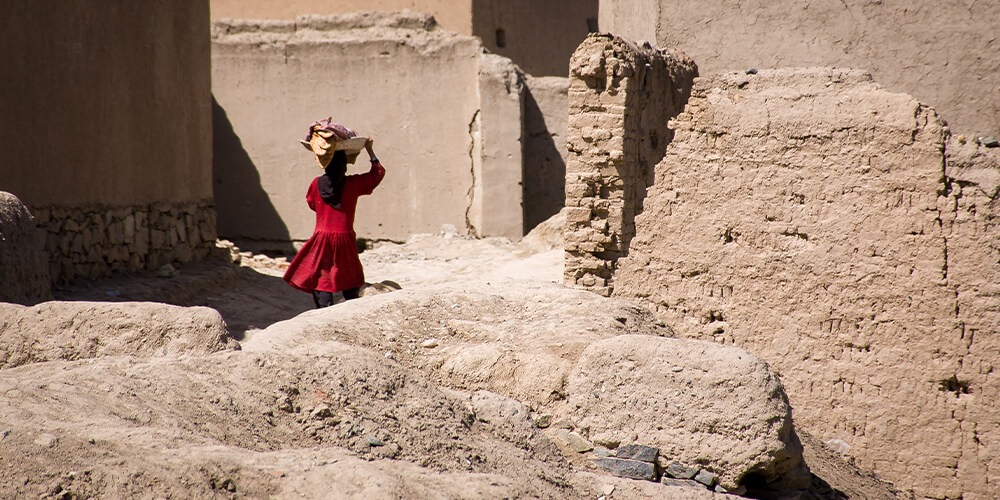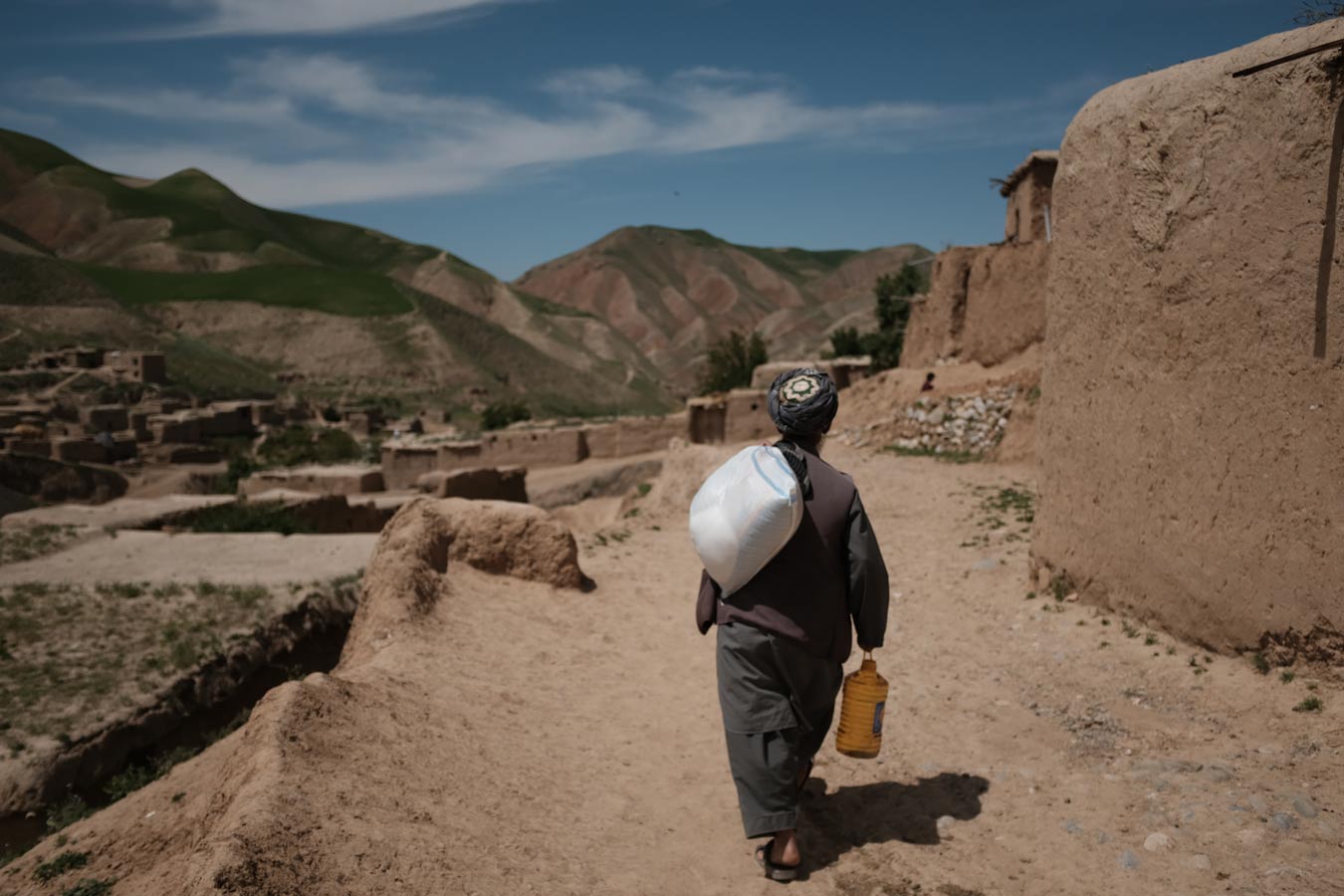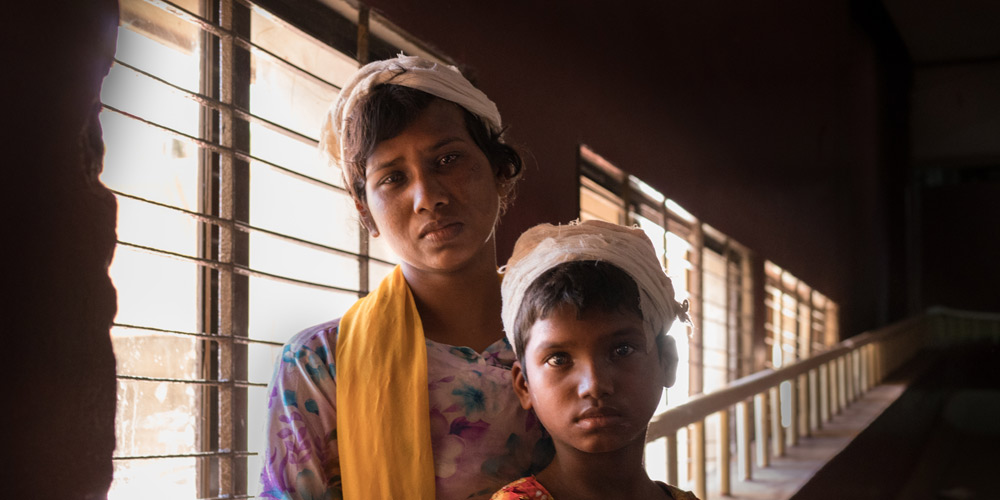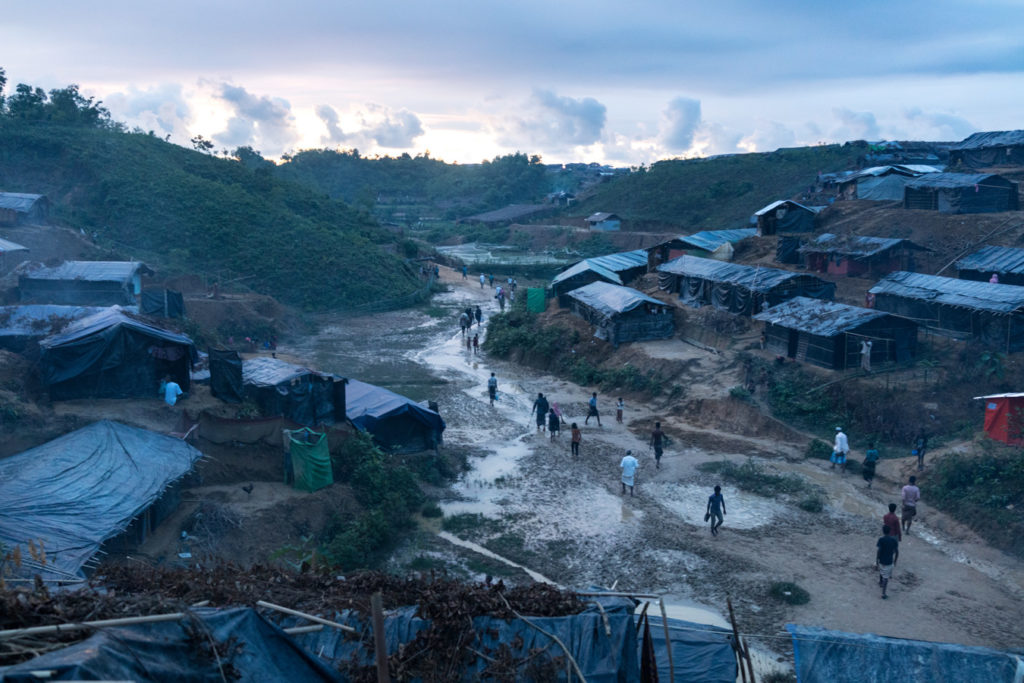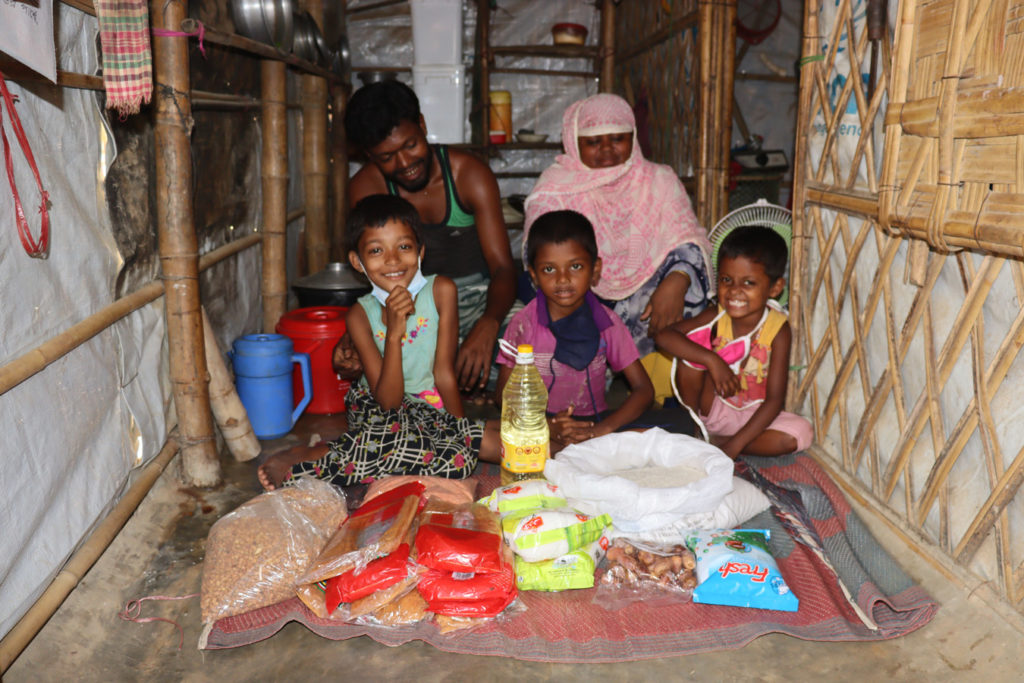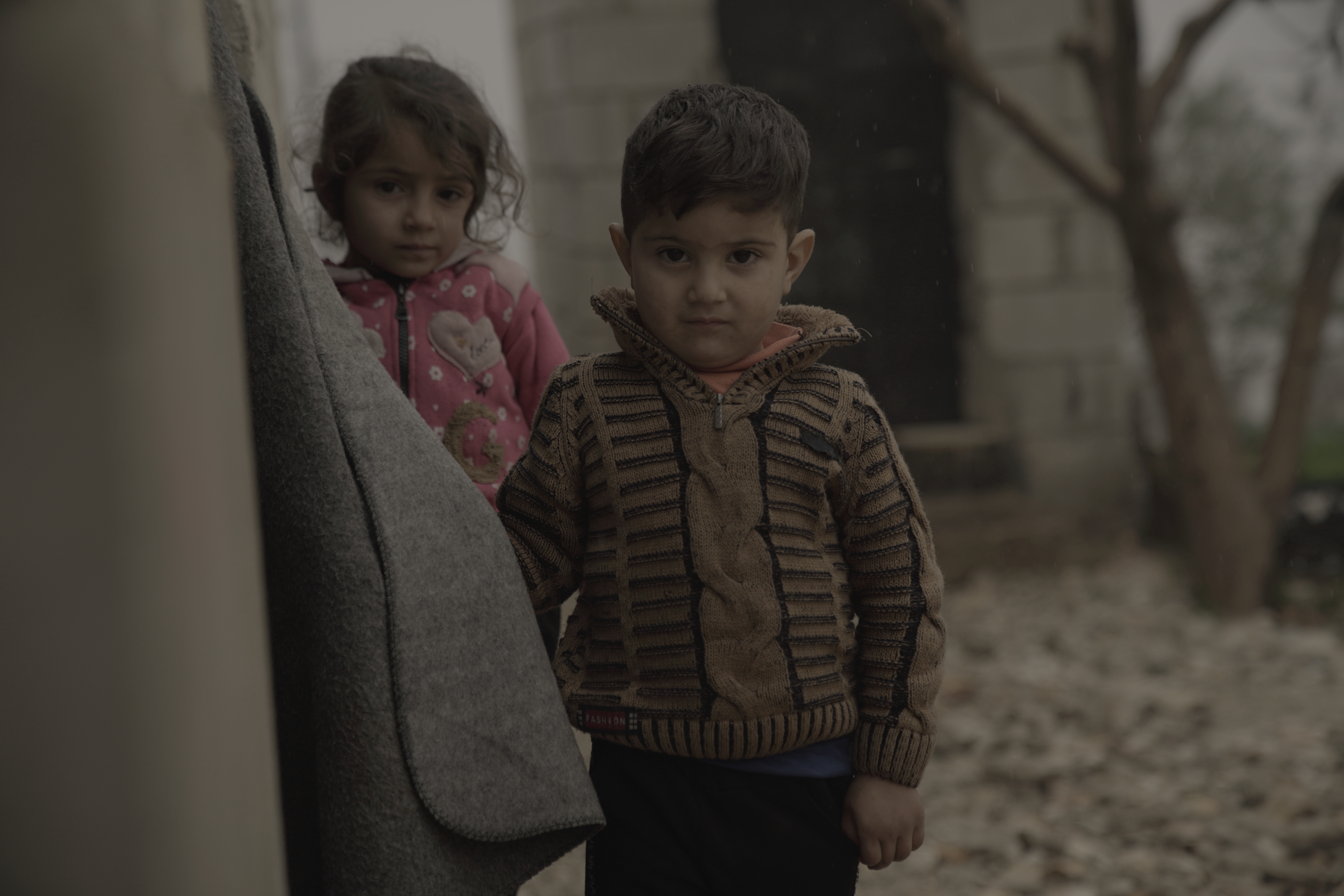
11.04.22
Syria Braces for its Worst Winter Yet
For many of us in Australia, the winter months are a time when we enjoy the colder weather after a hot summer.
But in the northern hemisphere, there are millions of others within the Middle East, Europe and Asia that face much harsher winter weather than the cool breezes here. For them, winter means ice and snowstorms and, what’s worse, most of them live far below the poverty line.
In Syria especially, the incoming winter season is anticipated to be one of their harshest. Catastrophic fuel and electricity shortages have left approximately 6 million people in need requiring winter assistance – a 33 per cent increase compared to last year.
The spiralling crisis in Syria made worse by harsh winters
This year, the coping capacity of Syrians has been further undermined by the continued deterioration of the socioeconomic situation within the nation. Its vulnerable population faces depleting devaluation of the Syrian Pound, an energy crisis that has led to severe rationing of electricity supply, fuel shortages, high fuel prices and increased costs of other essential commodities.
These resource shortages cascade across all essential programs across the region, with vulnerable Syrian families forgoing education, health, nutrition and protection for the sake of survival. And, as the dropping temperatures signal the coming of winter, Syrians across the country brace for further disaster and hardship.
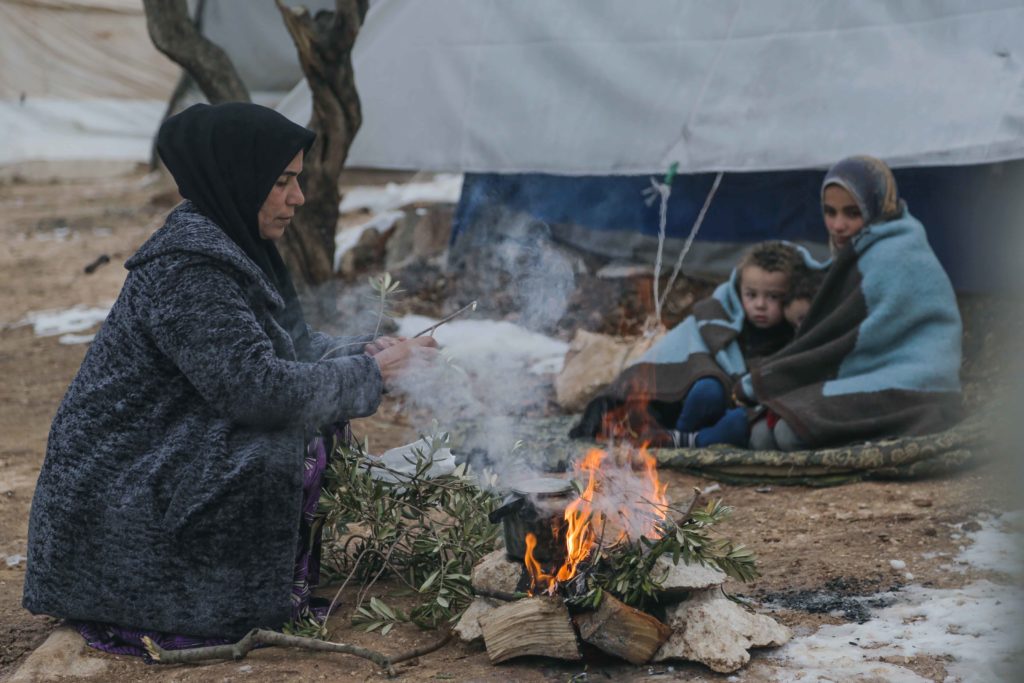
Communities residing in high-altitude areas such as Bloudan, Qalamoun and Zabadani areas in Rural Damascus and Al Haffa and Jafra near Lattakia, especially, are most susceptible to the effects of harsh winters. These vulnerable communities, unable to weather the freezing temperatures, are often displaced and reside in camps and temporary settlements. With major roads also blocked, constricting access to basic services and access to timely and sufficient lifesaving medical supplies, these displaced communities face a greater risk of not surviving through the winter season.
Humanitarian organisations are mobilising resources to assist Syria
The international humanitarian community is working on the ground to provide life-saving and life-sustaining assistance in the areas of highest need in Syria. This includes the rapid provision of winter response packages of relief items and services and ensuring protection concerns resulting from the winter season are mitigated and addressed.
Yet, more needs to be done as a funding shortfall is being felt across all sectors. The shelter, food security and agriculture sectors, in particular, have a funding gap in winterisation assistance. Severe fuel and electricity shortages have also made it very hard for families to keep warm this winter, even in camps, where families, mostly women and children, limited or no access to heating and electricity.
Families at these camps, and across the country, also lack access to water or sewage disposal. Without clean water in several areas, cholera has recently surfaced and is spreading rapidly. There have been at least 24,000 suspected cases and at least 80 people have died from the waterborne disease.
The United Nations has appealed for more humanitarian aid to needy Syrians
The UN says 14.6 million Syrians need humanitarian assistance – more than at any other time in its 11 years of civil war. At least 12 million people are food insecure and malnutrition is on the rise due to the spiralling economic crisis. Drought conditions also have led to the poorest wheat harvest since the war’s start. And 90% of the population also live below the poverty line.
“We are just weeks away from another winter in Syria, and a painfully familiar scenario will soon unfold again,” says Reena Ghelani, U.N. Humanitarian Director of Operations and Advocacy. “Snowstorms, subzero temperatures, strong winds, rains and flooding are expected to hit soon.”
“This year, the number of people who need winterization assistance has increased by a staggering 30% across the country compared to the previous year. In the northwest, some 2 million people depend on winter assistance to meet their most basic needs.”
Keep vulnerable Syrians warm this winter
In last year’s winter appeal, Islamic Relief Australia offered assistance to over 450,000 people in 15 countries, including Afghanistan, Lebanon, Palestine, Myanmar, Syria, and Yemen.
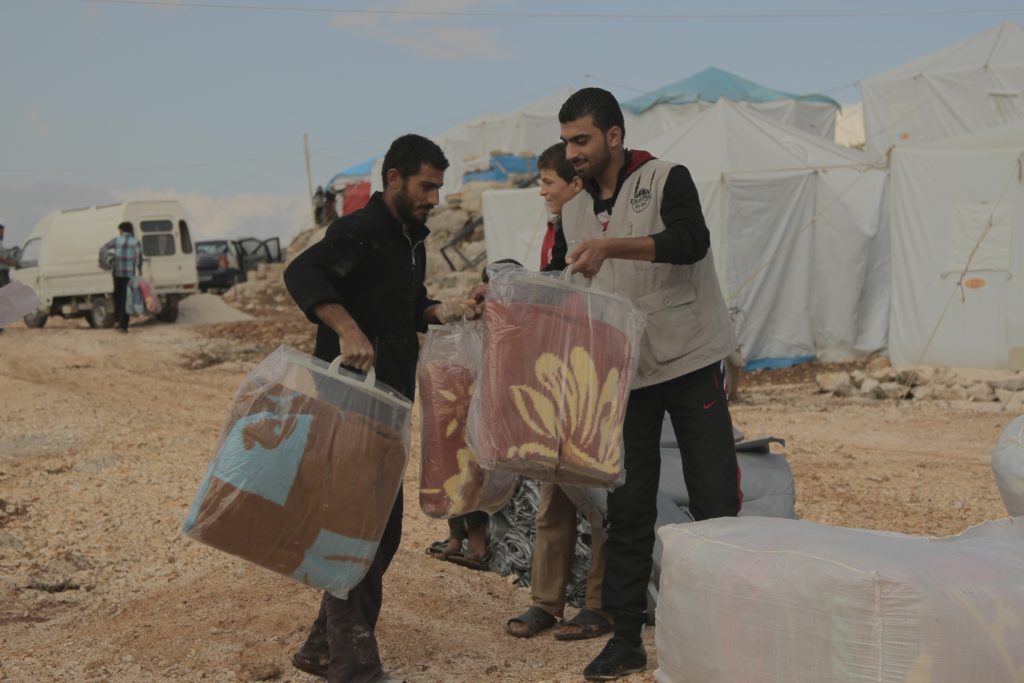
Imagine the fear and feeling of helplessness that would grip you as a harsh winter takes your family members and friends and leaves you all stranded. Through the cold, your donation can help make a difference in the lives of vulnerable people in countries like Syria.
Donations will go to blankets and mattresses for those who need them most, winter clothes to stay warm and along with other heating items. Your donation could help families, old and young get through the cold with continued support and protection.
Keep someone warm this winter appeal
Support and donate to the winter appeal to help vulnerable families stay warm as they make their way through harsh winter months.

